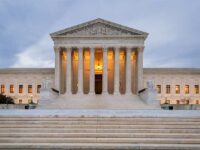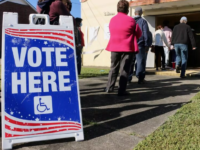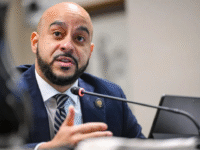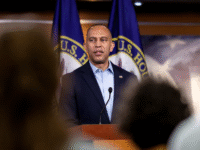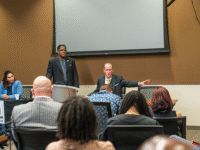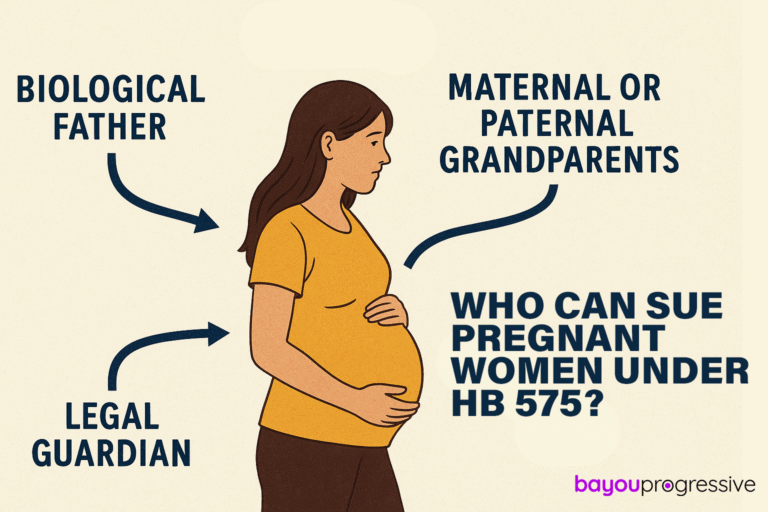In the latest push to further restrict abortion access in Louisiana, lawmakers have introduced House Bill 575, a sweeping proposal that significantly expands civil liability for abortion-related actions—even those taking place out of state.
Filed by Republican Reps. Lauren Ventrella (of Greenwell Springs) and Julie Emerson, the bill would allow a broad group of people — including the biological father, grandparents of the fetus, and the legal guardian of a pregnant minor—to sue not just abortion providers, but also anyone who manufactures, prescribes, dispenses, or distributes abortion-inducing medication. Civil penalties start at $100,000 in some cases and include additional general, special, and exemplary damages.
Critics warn that the legislation is not only legally aggressive, but structurally unworkable, and would create a chilling effect across the medical and pharmaceutical communities in Louisiana.
A Drastic Expansion of Liability
Under existing law, Louisiana already allows the pregnant person to sue someone who unlawfully performs an abortion. HB 575 would drastically expand that framework. Under the proposed language:
-
The biological father, unless the pregnancy was the result of rape or incest, could sue.
-
So could the maternal or paternal grandparents.
-
If the pregnant person was a minor at the time, their legal guardian would also have standing to bring a claim.
“This bill is a complete step in the wrong direction,” said Kaitlyn Joshua, a prominent reproductive rights advocate and the co-creator of Abortion in America. “It takes the focus off of addressing maternal health disparities, which are at an all time high in our state, and just creates more opportunities to limit access.”
Moreover, the bill redefines “causing or aiding” an abortion to include actions like prescribing or even selling medication that could induce abortion — regardless of whether the individual dispensing the medication did so in good faith, and regardless of whether the abortion took place in Louisiana or elsewhere.
The potential scope of HB 575 is vast, inviting legal action not only against doctors and clinics, but also against pharmacists, telemedicine providers, and even friends or advocates who offer support.
Undermining Medical Standards and Patient Consent
HB 575 removes protections that typically shield healthcare providers from liability if they obtain informed consent. In standard medical malpractice law, a patient’s signature on a consent form can reduce or bar claims of liability. But HB 575 explicitly states that consent “does not negate a cause of action,” eliminating a longstanding legal principle meant to protect good-faith providers.
Furthermore, the bill sidesteps Louisiana’s existing medical malpractice system, stating that those limitations do not apply. This effectively places abortion-related claims in a separate legal category, divorced from the medical norms that govern the rest of healthcare.
Pharmacists are not exempt, either. While the bill shields pharmacists acting “for a bona fide medical reason,” legal experts say the language is vague and leaves open the possibility of litigation for those filling prescriptions for medications like misoprostol or mifepristone, which have multiple uses beyond abortion.
A New Era of Civil Surveillance?
Perhaps most concerning to reproductive health advocates is the bill’s structure, which invites third parties to sue over what would otherwise be a private medical decision. Although the bill exempts the person who obtained the abortion from liability, it opens the door to relatives and guardians using civil court as a means of enforcement or punishment—effectively turning private health decisions into potential family court battles. In practice, it creates clear avenues for retaliation, intimidation, or coercive control by estranged partners or disapproving family members.
The implications could be especially severe for minors, young adults, and people in unstable or unsafe family situations. Even the threat of litigation may be enough to deter someone from seeking care—or prevent providers from offering it.
Enforcement Across State Lines
Another notable provision gives Louisiana courts personal jurisdiction over defendants sued under this law—potentially targeting individuals or entities operating outside of Louisiana if their actions somehow “aided or abetted” an abortion that affected someone within the state. While it’s unclear how this would hold up under constitutional scrutiny, it mirrors recent efforts in other states to assert extraterritorial authority over abortion access.
This appears to be part of a larger national trend where states are trying to reach across borders to enforce their abortion laws and raises serious questions about interstate comity and due process.
A High Cost for Louisiana’s Healthcare Infrastructure
Louisiana already faces severe shortages in OB-GYN care, particularly in rural areas. HB 575 risks accelerating provider flight by creating significant liability exposure for professionals who are already operating under intense legal uncertainty.
Healthcare groups have not formally weighed in on the bill yet, but pharmacists, physicians, and telehealth providers are watching closely. Even providers who are not performing abortions could be implicated, leading to a potential chilling effect on standard reproductive healthcare, including miscarriage management and emergency care.
HB 575 may be framed by its authors as a mechanism for accountability, but in practice, it reads more like an open invitation to private enforcement, civil surveillance, and legal intimidation. By severing abortion-related care from the rest of the medical system and elevating civil claims into a tool for ideological enforcement, the bill pushes the state into uncharted — and arguably unconstitutional — territory.
As other states roll back similar measures in the face of legal and logistical backlash, Louisiana appears poised to go further. Whether this bill gains traction will signal just how far lawmakers are willing to go in importing the most extreme elements of the post-Roe MAGA legal playbook into Louisiana law.



